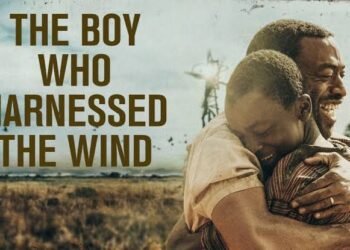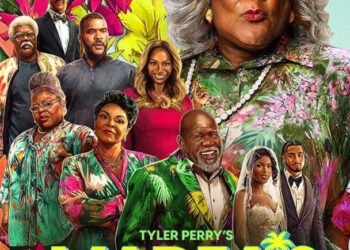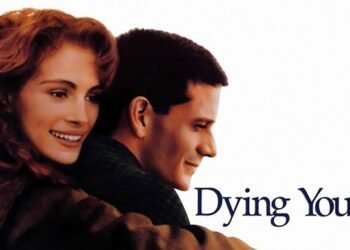Directed by Brian Gilbert and based on Betty Mahmoody’s bestselling memoir, Not Without My Daughter is a tense, emotionally charged drama that dramatizes one woman’s harrowing fight to escape with her child from Iran. Released in 1991, the film stars Sally Field as Betty, an American wife and mother, and Alfred Molina as her Iranian husband, Moody.
At first, the story presents itself as a family drama. Betty travels with her husband and daughter to Iran for what she believes will be a two weeks visit to meet Moody’s extended family. But once there, the trip quickly transforms into a nightmare: Moody, whose demeanor shifts dramatically upon returning home, insists that the family stay in Iran permanently. Betty suddenly finds herself trapped in a society where she has no legal rights, little cultural understanding, and few allies. When she realizes she cannot leave without her daughter, she embarks on a perilous journey across a country where every step could cost her freedom, or her life.
Sally delivers one of her most emotionally raw performances, embodying Betty’s fear, desperation, and resilience. Molina’s portrayal of Moody is equally unsettling, capturing the contradictions of a character torn between love, cultural expectations, and authoritarian control. Their dynamic fuels the film’s intensity, as Betty’s personal struggle reflects broader questions about gender, power, and cultural clash.
Visually, the film amplifies the sense of claustrophobia and danger. The streets, customs, and surveillance of Tehran are portrayed in a way that traps the audience alongside Betty.
That said, the film has been a subject of controversy since its release. Critics argue that it paints an overly negative, one-dimensional picture of Iranian society, leaning heavily on stereotypes and fueling Islamophobia. and xenophobic narratives. While it succeeds as a gripping tale of survival and determination, modern viewers may find its cultural framing dated and problematic.
Not Without My Daughter is a film that is both powerful and troubling. It stands as a showcase for Sally Field’s talent and as a tense survival drama, but it also raises difficult questions about how stories of cross-cultural conflict are told, and at what cost. For audiences today, it’s as much a window into early ’90s Hollywood’s approach to “true story” dramas as it is a portrait of one woman’s resilience.


























